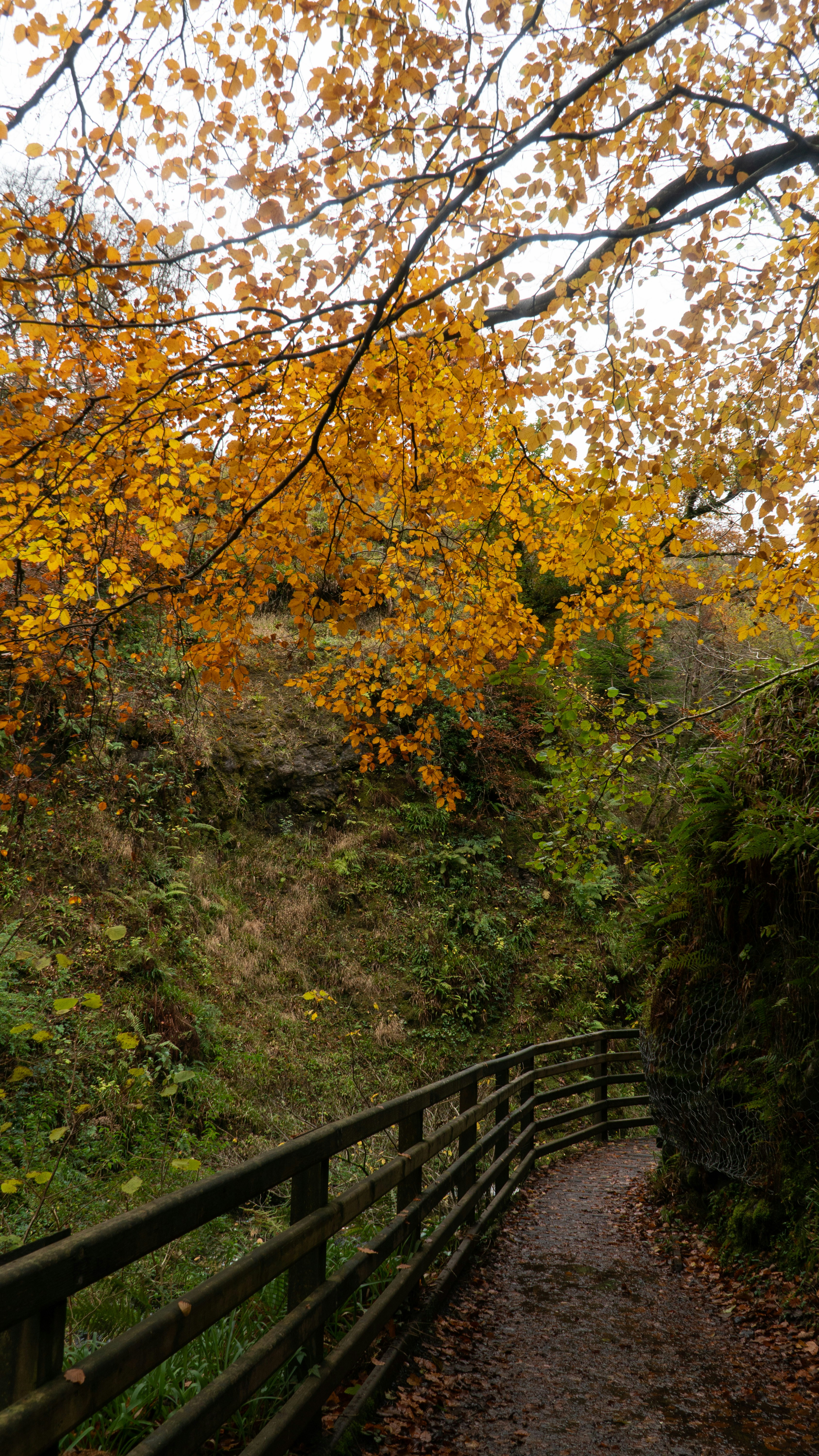In today’s digital age, where many of us spend the majority of our days indoors glued to screens, the simple act of stepping outside and immersing ourselves in nature has become increasingly valuable. Nature walks, in particular, offer a myriad of health benefits that can significantly enhance our well-being. Let’s explore why you should lace up your walking shoes and step outside today.

1. Boosts Mental Health
Spending time in nature has been shown to reduce symptoms of anxiety, depression, and other mental health issues. A study published in Scientific Reports found that individuals who spend at least 120 minutes a week in nature are significantly more likely to report good health and higher psychological well-being compared to those who don’t visit nature at all . The tranquility of natural surroundings can help quiet the mind and provide a much-needed break from the constant stimuli of urban life.

2. Improves Physical Health
Walking is one of the simplest forms of exercise, and when done in a natural setting, its benefits are amplified. According to the American Heart Association, regular brisk walking can help you maintain a healthy weight, prevent or manage various conditions like heart disease and high blood pressure, and strengthen your bones and muscles . Nature walks also expose you to fresh air, which is beneficial for your respiratory system.

3. Enhances Creativity and Problem-Solving
Nature walks can also stimulate your creativity and improve problem-solving skills. A study conducted by researchers at Stanford University revealed that walking in nature can increase creative output by up to 60% . The natural environment can inspire new ideas and perspectives, making it an excellent practice for anyone in need of a creative boost.

4. Promotes Mindfulness and Relaxation
Walking in nature encourages mindfulness—a state of being present and fully engaged with the current moment. The natural world, with its myriad sights, sounds, and smells, provides an ideal setting for practicing mindfulness. This can lead to reduced stress levels and a greater sense of calm and relaxation. According to the Journal of Environmental Psychology, spending time in natural environments can lower cortisol levels, a marker of stress .

5. Strengthens Immune System
Spending time in nature can actually boost your immune system. Research from the Nippon Medical School in Tokyo suggests that exposure to phytoncides—natural chemicals released by trees and plants—can enhance the activity of natural killer cells in the body, which play a crucial role in defending against viruses and tumors .

How to Incorporate Nature Walks into Your Routine
- Start Small: Begin with short walks around your neighborhood or a local park. Gradually increase the duration and explore new trails.
- Schedule It: Set aside specific times in your week dedicated to nature walks. Treat it like any other important appointment.
- Go Digital-Free: Leave your phone at home or put it on airplane mode to fully immerse yourself in the experience.
- Invite Others: Walking with friends or family can make the experience more enjoyable and motivating.

Final Thoughts
The health benefits of nature walks are extensive and backed by scientific research. From improving mental health to boosting creativity and enhancing physical well-being, spending time in nature is a simple yet powerful way to improve your overall health. So, step outside today and let nature work its magic on you.
For more tips on how to live a balanced and healthy life, stay tuned to Wellness Junction – your guide to holistic health and wellness.
References
- White, M. P., et al. (2019). Spending at least 120 minutes a week in nature is associated with good health and wellbeing. Scientific Reports. Link
- American Heart Association. (n.d.). Walking. Link
- Oppezzo, M., & Schwartz, D. L. (2014). Give Your Ideas Some Legs: The Positive Effect of Walking on Creative Thinking. Journal of Experimental Psychology: Learning, Memory, and Cognition. Link
- Ulrich, R. S. (1991). Natural versus urban scenes: Some psychophysiological effects. Journal of Environmental Psychology. Link
- Li, Q., et al. (2010). Effect of forest bathing trips on human immune function. Environmental Health and Preventive Medicine. Link





